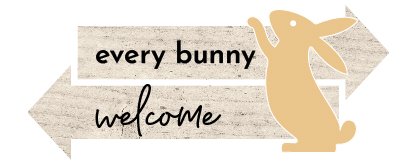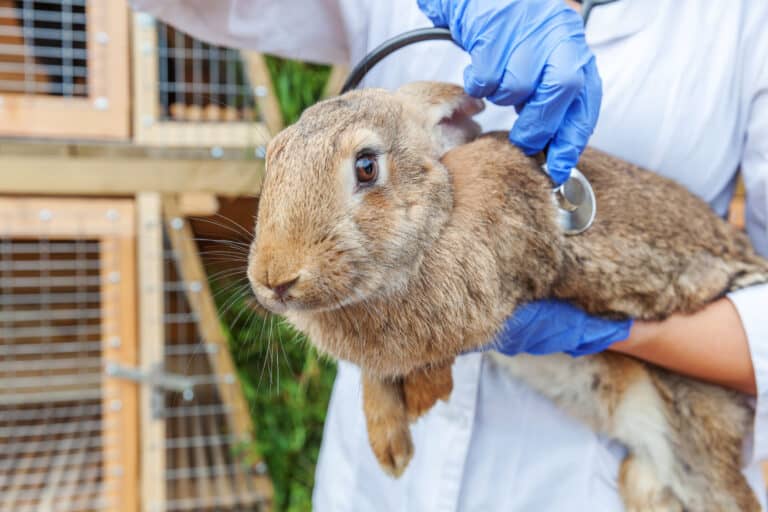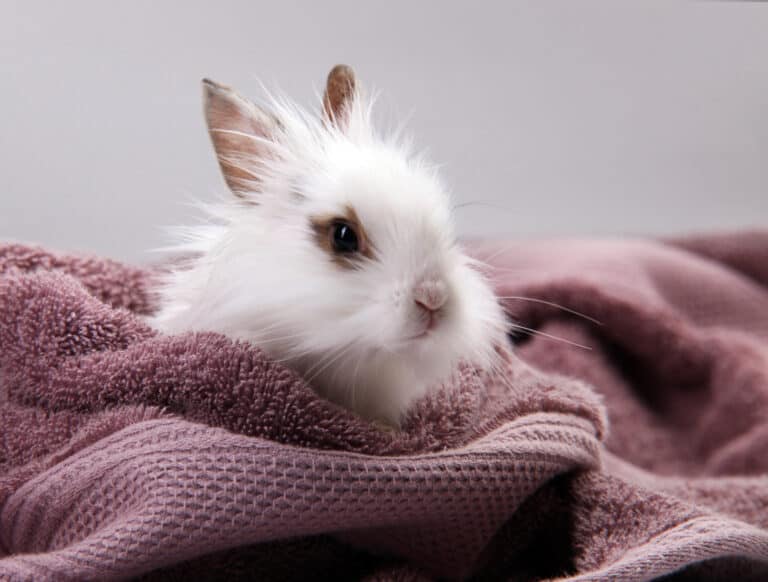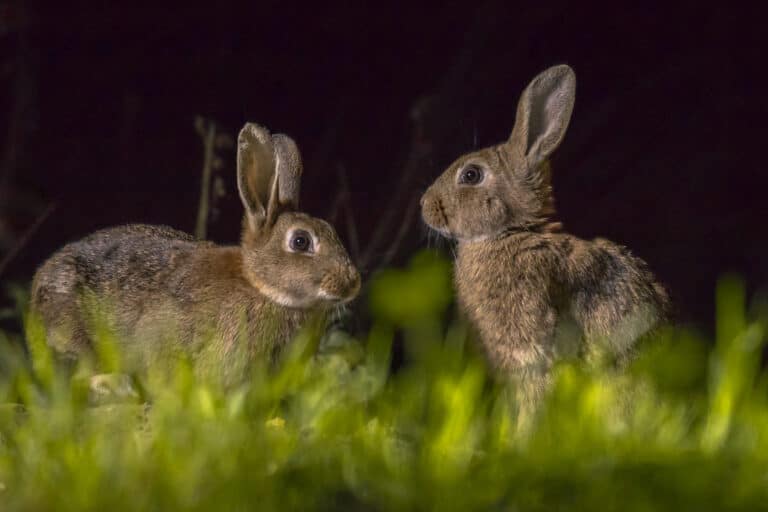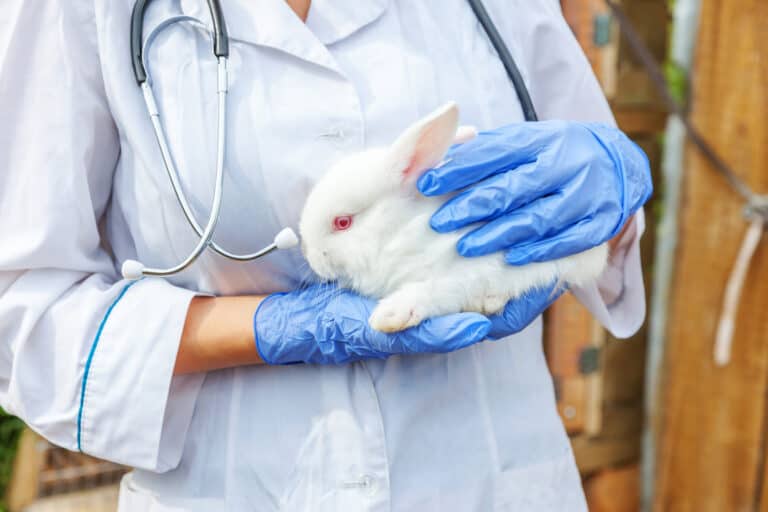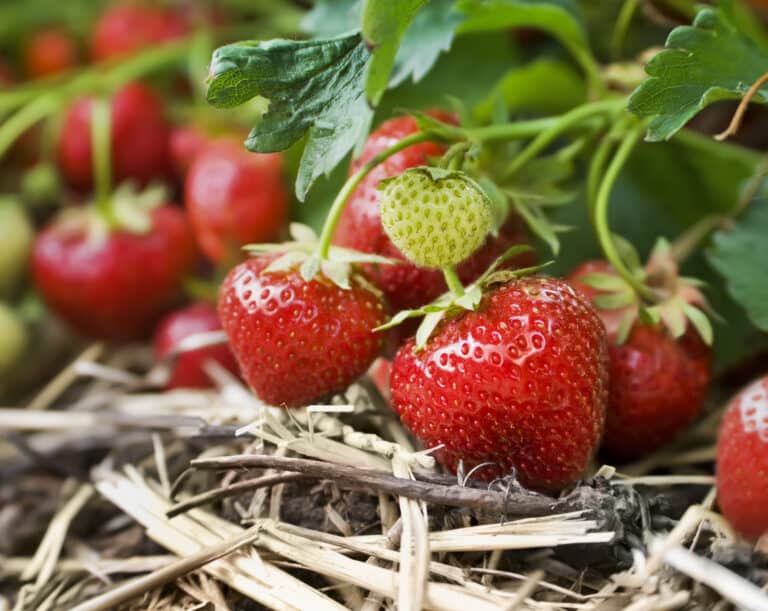Is Oat Hay Good for Rabbits? Complete Guide to the Best Hay
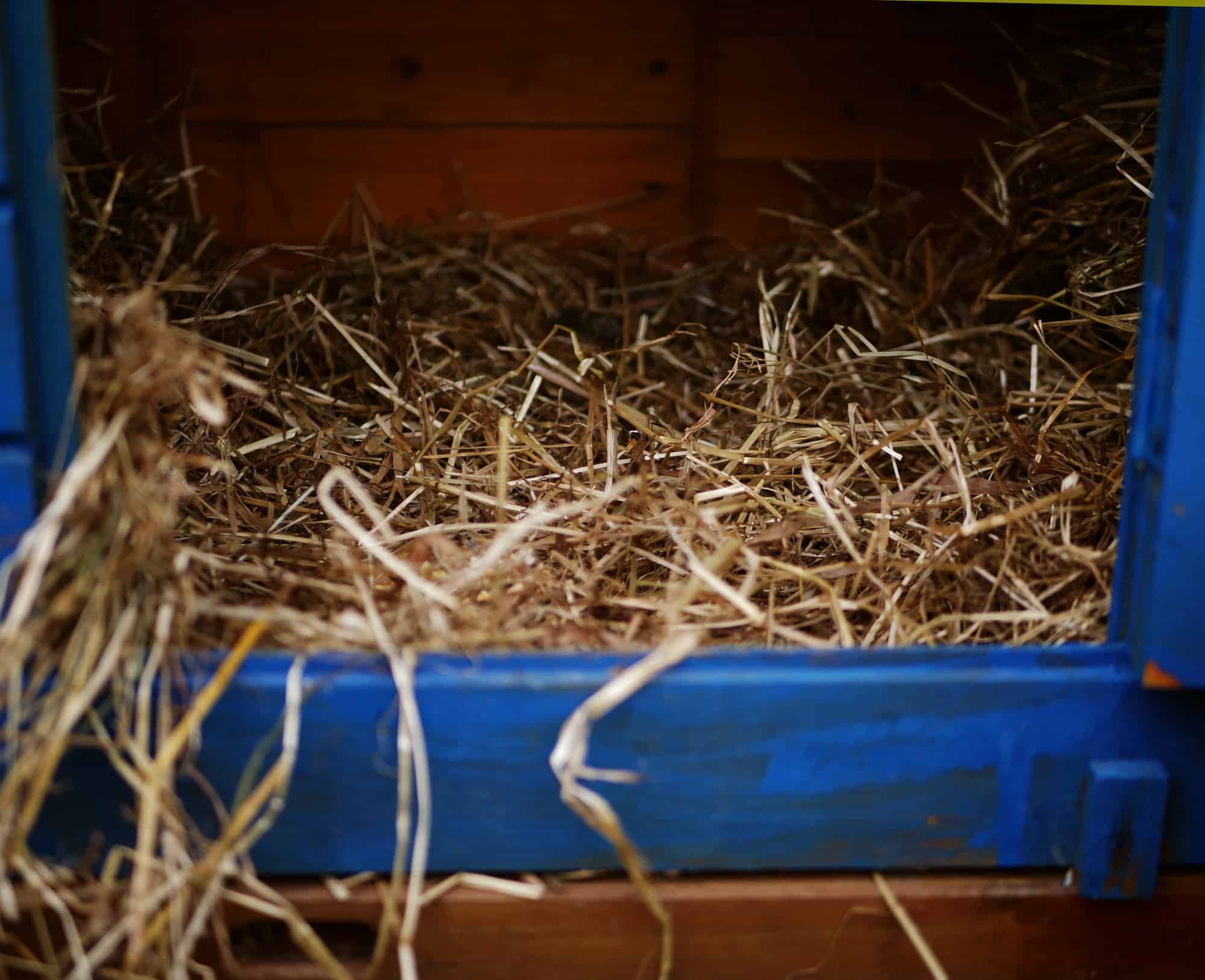
You probably know hay makes the best food for your precious pet rabbit. Packed with fiberlicious goodness, fresh hay aids in digestive health and it’s essential for the overall health of your rabbit. Although Timothy Hay is the more frequently recommended feed for rabbits, oat hay is an excellent alternative. Still, many rabbit owners ask, is oat hay good for rabbits?
Let’s sift through the field of info surrounding oat hay and discover if it is the best hay to give your furry pal the nourishment he needs.
What is Oat Hay?
Oat hay is a type of animal feed that comes from the oat plants (Avena Sativa). It is often harvested right before the oat head develops into a seed, where the grains are mature but still on the stalks. The oat hay is soft and dewy at this stage, making it more palatable and nutritious for rabbits.
When the seed head gets fully formed, the oat grass becomes tougher, and buns don’t get as much nourishment from it as during the earlier growth phase. Also, it’s not as tasty, so pet rabbits might just give it the cold shoulder at mealtime.
The great thing about oat hay is the yummy oats that come with the stalks. These are hands down the favorite part for most bunnies, and their distinctive flavor increases the taste appeal of this hay type.
Nutritional Profile of Oat Hay
Much more than just ordinary forage, oat hay packs a punch when it comes to nourishing your pet bunny with a balanced diet. Specific nutritional content may differ depending on variety, growing conditions, and processing methods but in general, oat hay offers the following essential nutrients:
- Fiber: This kind of hay is 31% fiber, making it an excellent source of fiber, which is needed for your rabbit’s digestive system. Fiber is essential for maintaining proper digestive health and it helps prevent issues like gi stasis and aids in trimming their ever-growing teeth.
- Protein: Oat hay contains a higher protein amount (about 10%), which helps your bun’s body grow and keep its tissues in good shape.
- Calcium: At .4%, oat hay typically has a lower calcium content than alfalfa hay, which has a high calcium content at 1.4%, making it a more suitable choice for adult rabbits. Adult and older rabbits can’t regulate the amount of calcium they absorb, and too much of it can lead to the formation of kidney stones and other urinary issues. Only young rabbits should eat alfalfa hay.
- Vitamins and minerals: Good quality oat hay contains various vitamins and minerals, including vitamin A, vitamin D, and trace minerals. These contribute to a rabbit’s overall health and well-being.
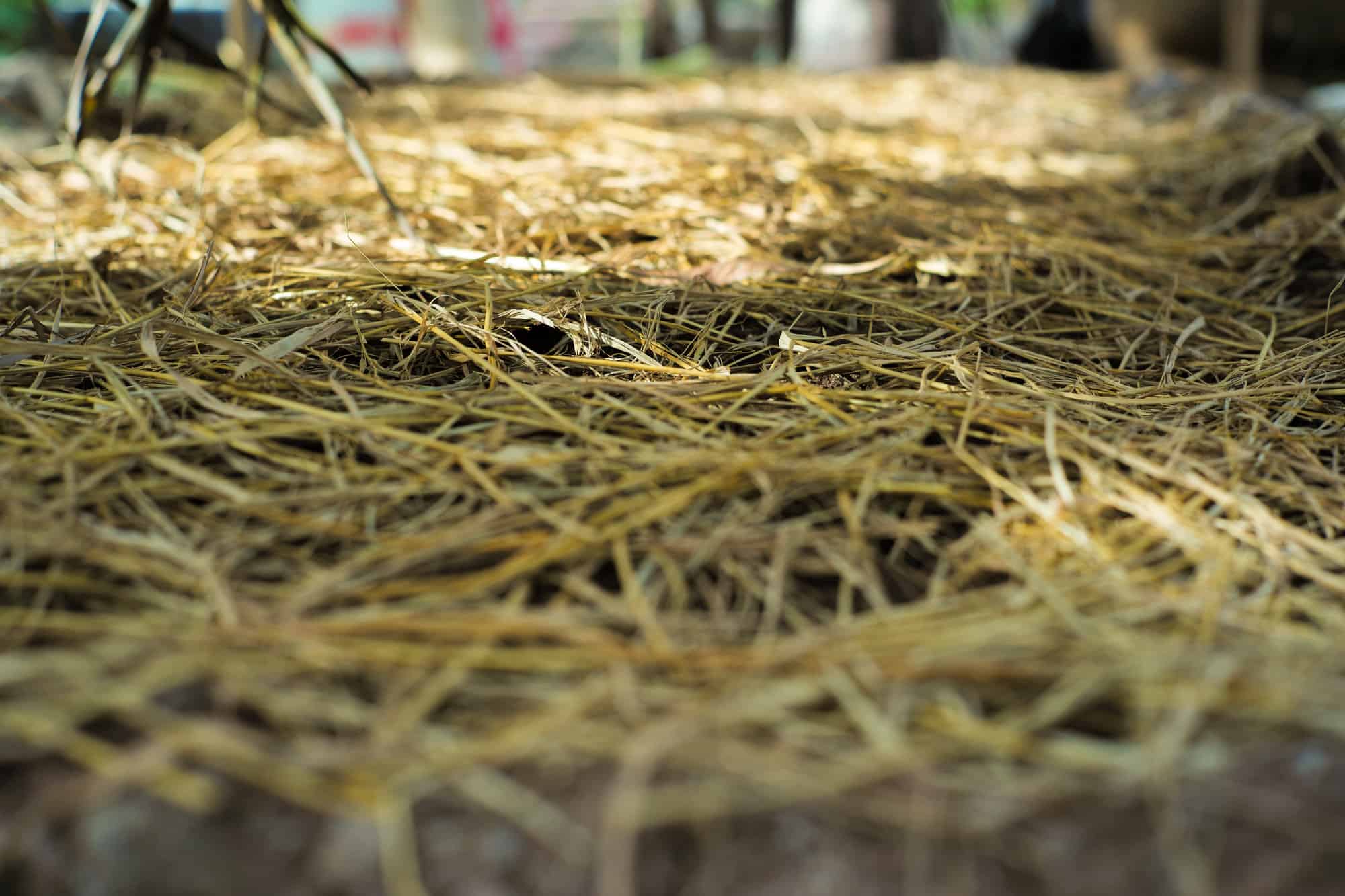
Is Oat Hay Good for Rabbits?
Yes, oat hay is good for rabbits. But why is it a good choice for your happy hopper? Let’s discover what this hay type can provide your beloved bun (and other small pets!) and is it the best type of hay:
Improves Digestion
The fiber in oat hay acts like the workout buddy of your bun’s digestive system. It keeps things moving in his gut, helping prevent blockages, which could lead to more serious issues like gastrointestinal stasis.
Boosts Dental Health
Rabbit’s teeth continue to grow throughout their lives. To prevent dental problems, those pearly whites need to be whittled down. The fibrous texture of oat hay helps wear down their continuously growing teeth, preventing dental issues.
Weight Management
Is your bun on the chunky side? As you know, obesity can lead to various health problems. Feeding overweight rabbits oat hay might just help him lose those unwanted pounds. The high fiber content of this hay type can make him feel full and satisfied, so he ends up eating less.
Note: Larger breed rabbits such as the Californian rabbit will naturally consume more hay than a smaller breed rabbit like the chinchilla rabbit or a mini lop.
Diet Variation
Offering a variety of hays is a good idea and can help keep rabbits interested in their meal and prevent boredom. Oat hay can be an excellent addition to other types of grass hays, as well as fresh vegetables and leafy greens, and rabbit-friendly herbs.
Wholesome Components
Oat hay can provide a range of nutrients, including protein, vitamins, and minerals. While the nutritional composition can vary, oat hay generally has lower calcium content compared to legume hays like alfalfa, which is important to prevent urinary issues in rabbits.
How to Serve Oat Hay to Rabbits
Oat hay presents a wonderful opportunity to introduce diversity into your rabbit’s diet. However, if you’re transitioning a young bunny from alfalfa hay or have a picky rabbit for a pet, he might turn up his nose at his oat hay.
On the other hand, you might simply want to add a dash of excitement to your hoppy companion’s dining experience by varying the ways you serve his food.
Here’s how you can serve his daily fare in ways that will tickle his fancy:
Loose Hay
This is how most bun parents offer oat hay to their fur babies. Simply place a pile of hay in his cage or feeding area. But first, make sure the hay is fresh and mold-free. Your fluffy pal will munch down on it anytime he feels like it, which is great for your rabbit’s digestion.
Place the Oat Hay on a Rack
A hay rack is a great addition to your pet’s enclosure – it’s a wooden or metal structure you can mount at the side of your pet’s cage. It helps keep the oat hay clean, preventing poop, urine, and other contaminants from getting into your bun’s food. Your hoppy companion can easily pull out hay whenever he wants a snack.
Put the Hay Inside a Hay Ball or Toy
Some pet stores offer hay balls or toys designed for rabbits. These are often made of woven materials and can be filled with hay. Rabbits will nibble at the hay as they play, providing both entertainment and nutrition.
In the Form of Hay Cubes
Some brands produce compressed hay cubes that rabbits can nibble on. These can be a convenient way to offer hay. They also provide a bit of enrichment as rabbits need to work on breaking down the cubes.
Mixed with Other Hay
Mix oat hay with different types of hay, such as Timothy hay, orchard grass hay or meadow hay, to provide variety in texture and flavor. This can make mealtime more exciting and encourage your bunny to eat more.
Layering Oat Hay in Hideouts
Placing oat hay in hideouts or tunnels can encourage your bun to explore and find his food. This adds an element of excitement and surprise to his feeding routine.
As Bedding Material
You don’t have to rely solely on hay for your bun’s bedding needs. However, incorporating it into his living space makes oat hay readily accessible to your pet.
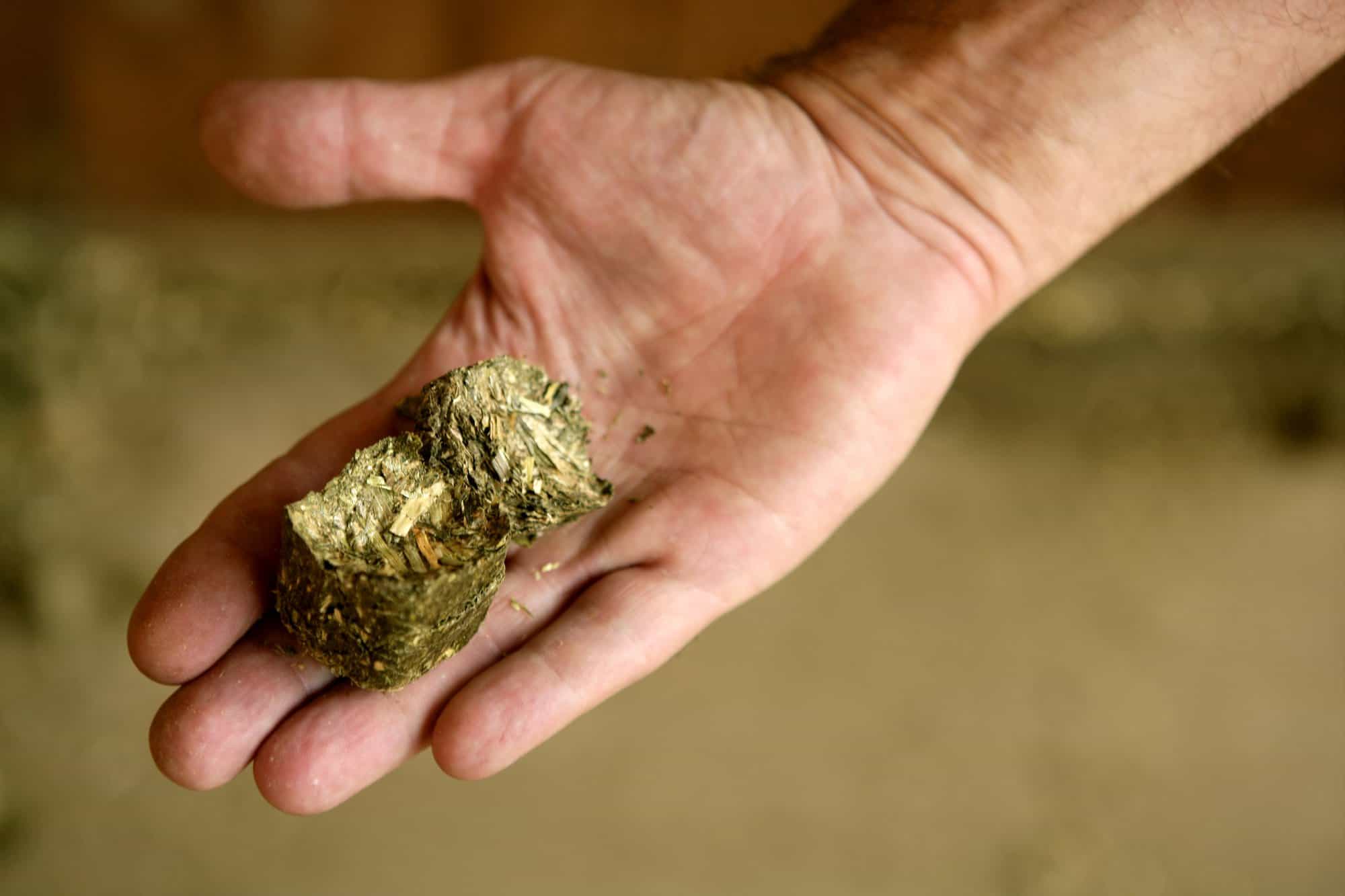
How Long Does Oat Hay Last?
The shelf life of oat hay, orchard hay, Timothy hay, or any hay type, largely depends on how it’s stored and the environmental conditions it’s exposed to. Storing it properly goes a long way in maintaining the hay’s quality and nutritional value. Make sure you keep it clean and dry so you don’t end up with moldy hay.
In general, hay keeps for about 6 months to 1 year from when it was cut. Look for the expiration date or ask the pet store. Also, watch for signs of deterioration, such as browning, bleaching, mold growth, or musty smells.
Is Oat Hay Good for Rabbits of All Ages?
Oat hay suits adult rabbits best. Baby buns aged 3 weeks and below live solely on their mother’s milk, transitioning to alfalfa hay after the 3rd-week mark. At 7 weeks, baby rabbits can start eating oat hay, typically in much smaller amounts than what an older rabbit’s diet would consist of.
Where to Find Oat Hay for Rabbits
Aside from being nutritious, another thing going for oat hay is its availability. You can usually find it at these places:
- Local pet stores
- Online retailers
- Farm supply stores / feed stares
- Local farmers
- Specialty rabbit shows or events
Oat hay is good for rabbits. It provides essential fiber and prevents dental issues. That said, it’s important to choose high-quality oat hay for your furry friend. Always consult a veterinarian or a rabbit care expert for specific recommendations based on your rabbit’s dietary needs.
More on Rabbit Care
- How Long Do Flemish Rabbits Live: Giant Breed Facts
- Complete Guide to the Best Hay For Rabbits: Reviews & More
- Are Rabbits Rodents? Find Out More About These Small Mammals
- Is Oat Hay Good for Rabbits? Complete Guide to the Best Hay
- Why Do Rabbits Lick You? 11 Reasons for This Common Behavior
We hope you enjoyed this post! If you did, will you give it a share or two 🙂 Thank you! ~from Every Bunny Welcome
